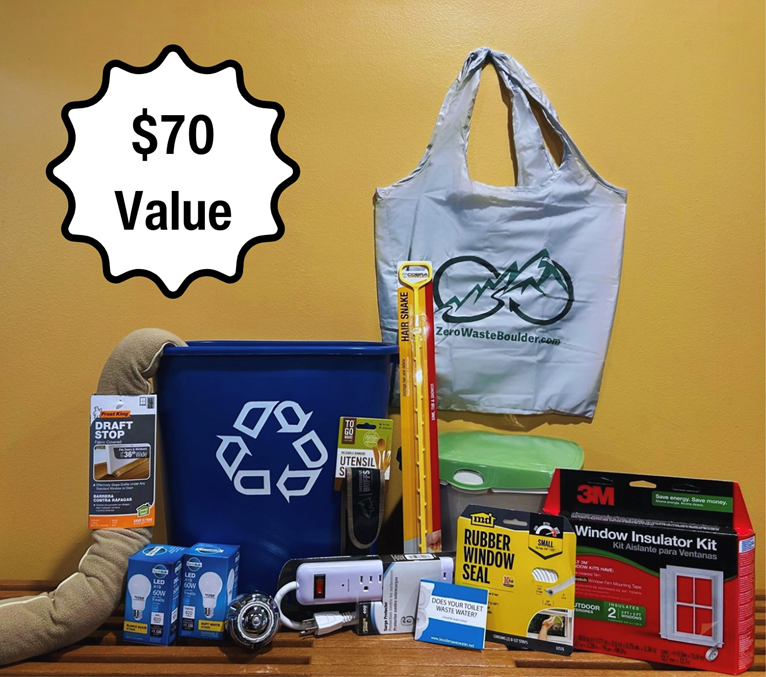EcoVisits
EcoVisits
Book your EcoVisit and receive a FREE kit and personalized consultation to kickstart your journey towards lower energy usage, reduced costs, and a greener future!

Your free EcoKit includes:
Self-Installation Guide
Window Film
Weather Stripping
Low Flow Shower Head
Faucet Aerator
Pipe Insulation for Water Heater


